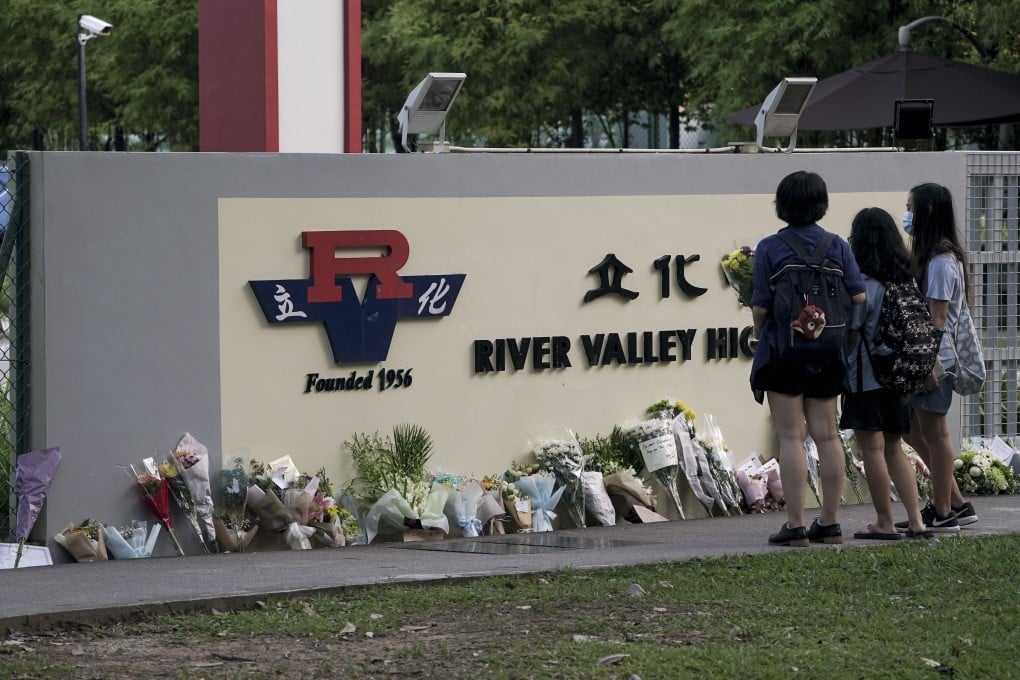Singapore urges ‘whole-of-society’ effort to prevent repeat of alleged student killing
- With the mental health of the city state’s young people in focus, education minister Chan Chun Sing notes Covid-19 has compounded the challenges they face
- Schools will help students cope with these stresses by lightening examination loads and resuming suspended co-curricular activities

A 16-year-old student from the prestigious River Valley High School has been charged with murder over the July 19 incident and remanded for psychiatric assessment. An axe was seized as evidence.
Under Singaporean law, the victim and the alleged killer cannot be named as they are below the age of 18.
The episode has sent shock waves through the city state – known for its ultra-low crime rate – and amid concerns among parents about their children’s safety, education minister Chan Chun Sing sought to outline the government’s official response in remarks to lawmakers in parliament.
With the matter now before the courts, Chan said he could not discuss certain aspects of the case, though he made public for the first time a detailed chronology of the incident.
The minister revealed that the 16-year-old, holding the axe, had first asked two separate groups of students to call the police before noon on July 19.